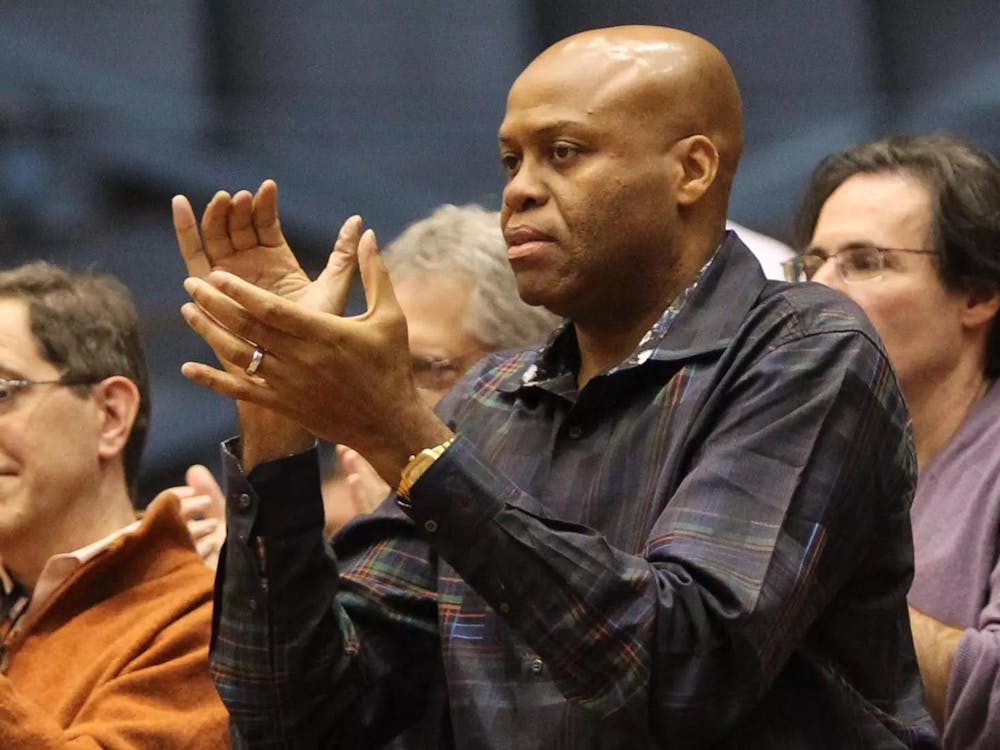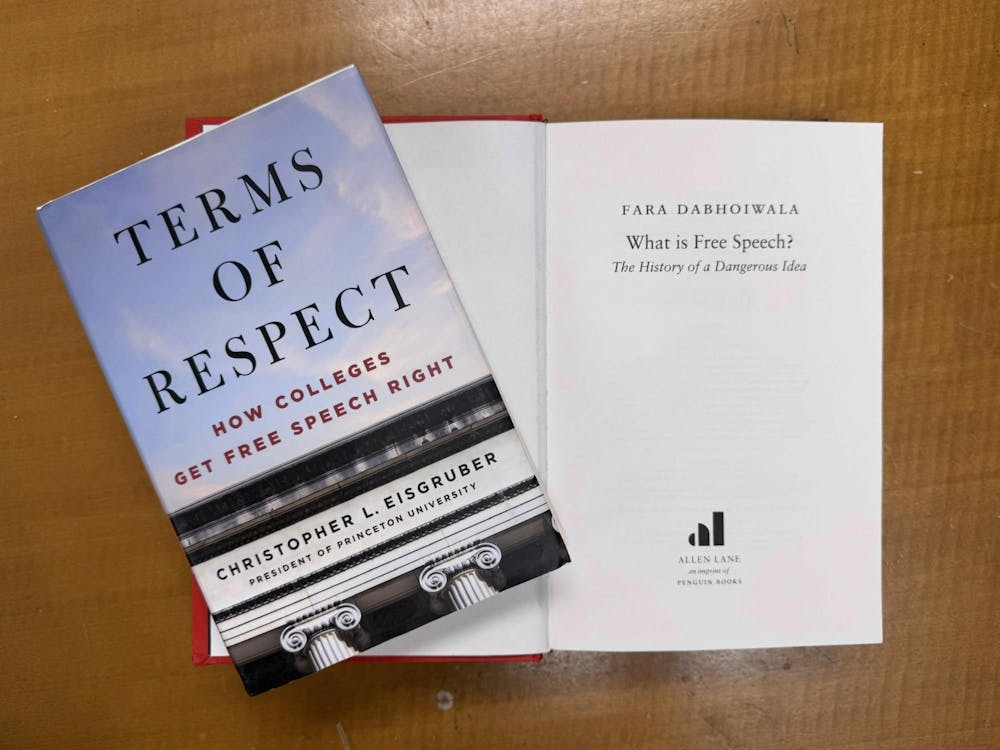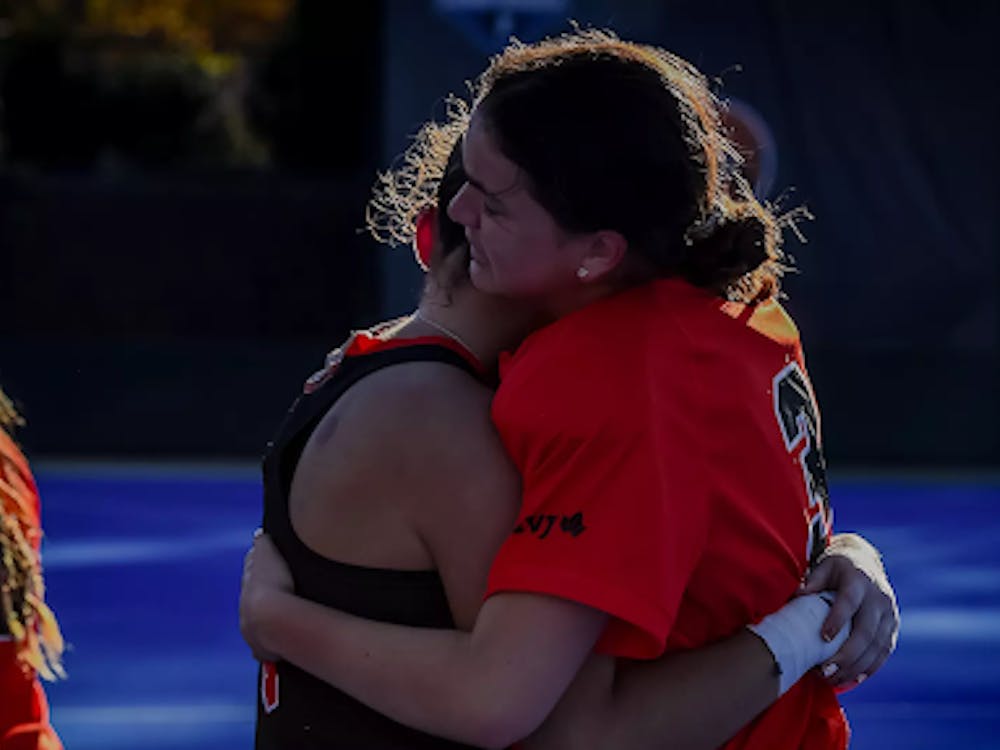It might have been Samuel Alito '72 who took the stage and withstood scrutiny during last week's confirmation hearings, but a whole cast of supporting characters also had roles to play.
As an on-site reporter, I had the good fortune of being able to watch these senators, journalists and others when C-SPAN wasn't on — not quite a behind-the-scenes look, but good enough to get a glimpse of their off-camera and unscripted selves.
From my vantage point in the hearing room's press area — the far end of those rows of white tables at the top of your television screen if you tuned in — history in the making was in full view. But what I saw was hardly out of a page of a history textbook.
Far from being larger than life, as they're often portrayed, these proceedings were altogether very real — normal, even. The same could be said of that cast of supporting characters — serious and smart but, as I would soon find out, nonchalant and goofy, too.
More noteworthy than newsworthy, it is their antics that I want to share with you now that I've taken a break from reporting.
At times, the committee's senators showed their inner high school student. Nearly lulled to sleep by Alito's monotone testimony, some of the senators could only muster a blank stare — that end-of-a-long-lecture gaze we students know all too well. I also saw senators peering down into their laps for minutes on end, doubtless passing the time one way or another on a BlackBerry wireless device.
Still others would stroll out of the hearing room when the television camera was trained on one of their colleagues, especially as the hearings dragged on. And save for Sen. Arlen Specter (R-Pa.), the committee chairman, I suspect all senators were guilty of returning late from a number of recesses.
Far from caricaturing the senators, I'm trying to humanize them, to show how outside the spotlight, they often stop acting for us and start acting like us.
Much the same is true of the members of the press corps, who, while upholding that all-important burden of informing the rest of us, acted, well, like the rest of us.
They, like the senators, weren't particularly punctual. Many couldn't keep their focus during the hearings' doldrums on Thursday and Friday, either.
Some would pack up their laptops, voice recorders, notebooks and pencils several minutes before adjournment for the lunch break in the same way we students often prepare to leave class before we really should.
I saw many journalists read newspapers or check their email whenever Alito broke into a drawn-out response on some obscure matter they knew their readers wouldn't find interesting — or comprehensible. Those not so fortunate to have brought a newspaper or laptop would set aside their pencils during duller parts of testimony and once in a while, indulge themselves in resting their heads on the table.

Mere mention of abortion, wiretapping or Princeton, however, would bring the press corps back to life. So would a verbal gaffe or some sort of political faux pas, drawing grins, chuckles and hushed quips without fail.
Hardworking and brilliant, I'm sure, these journalists are true professionals — at the top of their field, no less. But don't let their dispassionate, generally flawless reporting fool you: they have their fun and their flaws, even on the job.
Distant though they may seem, the most senior senators and the most seasoned journalists were also the most colorful characters I encountered that week.
That insight might be common knowledge to those inside the beltway, but I thought it would be appropriate to report here the largely unreported: Washington's luminaries can be as down-to-earth as the rest of us. Off camera, at least.







